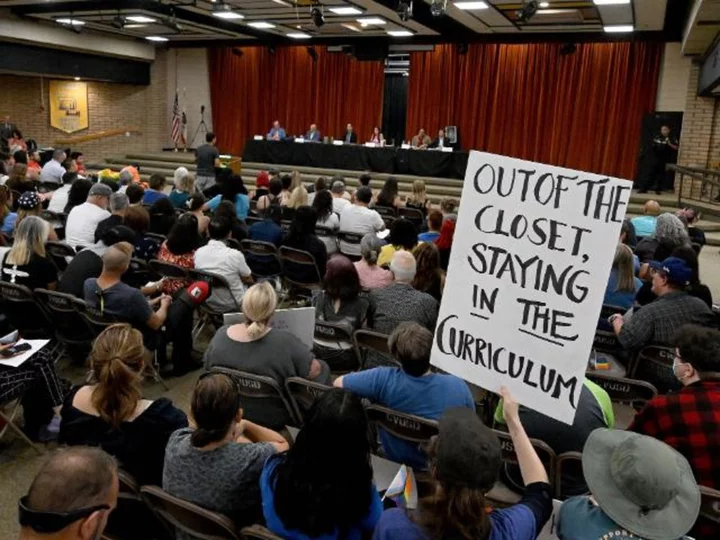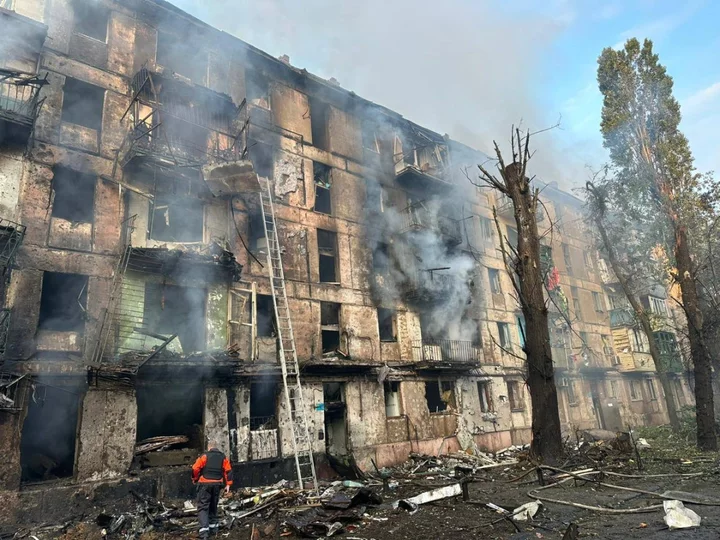California's attorney general has filed a lawsuit against a local school district over its new policy requiring parents to be notified when a child tells a teacher they want to be recognized by a different gender identity or pronoun than the one listed on their birth certificate.
The suit filed Monday against the Chino Valley Unified School District, around 35 miles from Los Angeles, challenges a policy adopted in a 4-1 vote by the district in July. "The forced outing policy wrongfully endangers the physical, mental, and emotional well-being of non-conforming students who lack an accepting environment in the classroom and at home," Democratic California Attorney General Rob Bonta said in a statement Monday.
The policy also requires notification if a student requests to use facilities like a different bathroom or participate in "sex-segregated school programs and activities," like a sports team that doesn't align with their sex on official records.
The lawsuit comes as states across the country have moved to limit the rights of LGBTQ people, homing in on various aspects of the community's life -- including the health care they receive, the bathrooms they use, the sports they play and how they identify in schools. Of the nearly 500 state bills introduced this year targeting the rights of LGBTQ people, 228 involved the rights of students, according to the American Civil Liberties Union.
Chino Valley Unified School District President Sonja Shaw vowed to fight the lawsuit, denying in a statement posted to Instagram that revealing such information to parents could harm students.
"If a child is coming to their teacher and asking to be called something other than what they were born as, they're already asking to be out in the public about it," Shaw said. "The parent has every right to know about that."
Bonta isn't the only attorney general challenging public school systems requiring educators to notify parents of changes in their children's gender identity. In June, Democratic New Jersey Attorney General Matthew Platkin announced civil rights complaints against the Middletown Township, Marlboro Township and Manalapan-Englishtown Regional boards of education, all in Monmouth County.
In Texas, a school board in a suburb 30 miles outside of Houston approved a new policy on Monday that requires parents to be told if their student chooses to identify as transgender or nonbinary, or if they want to change their name or use different pronouns at school, CNN affiliate KTRK reported.
The California lawsuit states the district's new policy violates the state Constitution's guarantees of a right to privacy and to receive a public education without discrimination. "The District has no compelling interest for singling out transgender and gender nonconforming students to different and unfavorable treatment," the complaint says.
"These students are currently under threat of being outed to their parents against their will, and many fear that the District's policy will force them to make a choice: either "walk back" their constitutionally and statutorily protected rights to gender identity and gender expression, or face the risk of emotional, physical, and psychological harm from non-affirming or unaccepting parents or guardian," the suit states.
Bonta earlier this month opened a civil rights investigation into the legality of Chino Valley Unified School District's new policy and sent a letter in July to Superintendent Norman Enfield and the board of education, highlighting the potential infringements on students' civil and privacy rights and educational opportunities.









